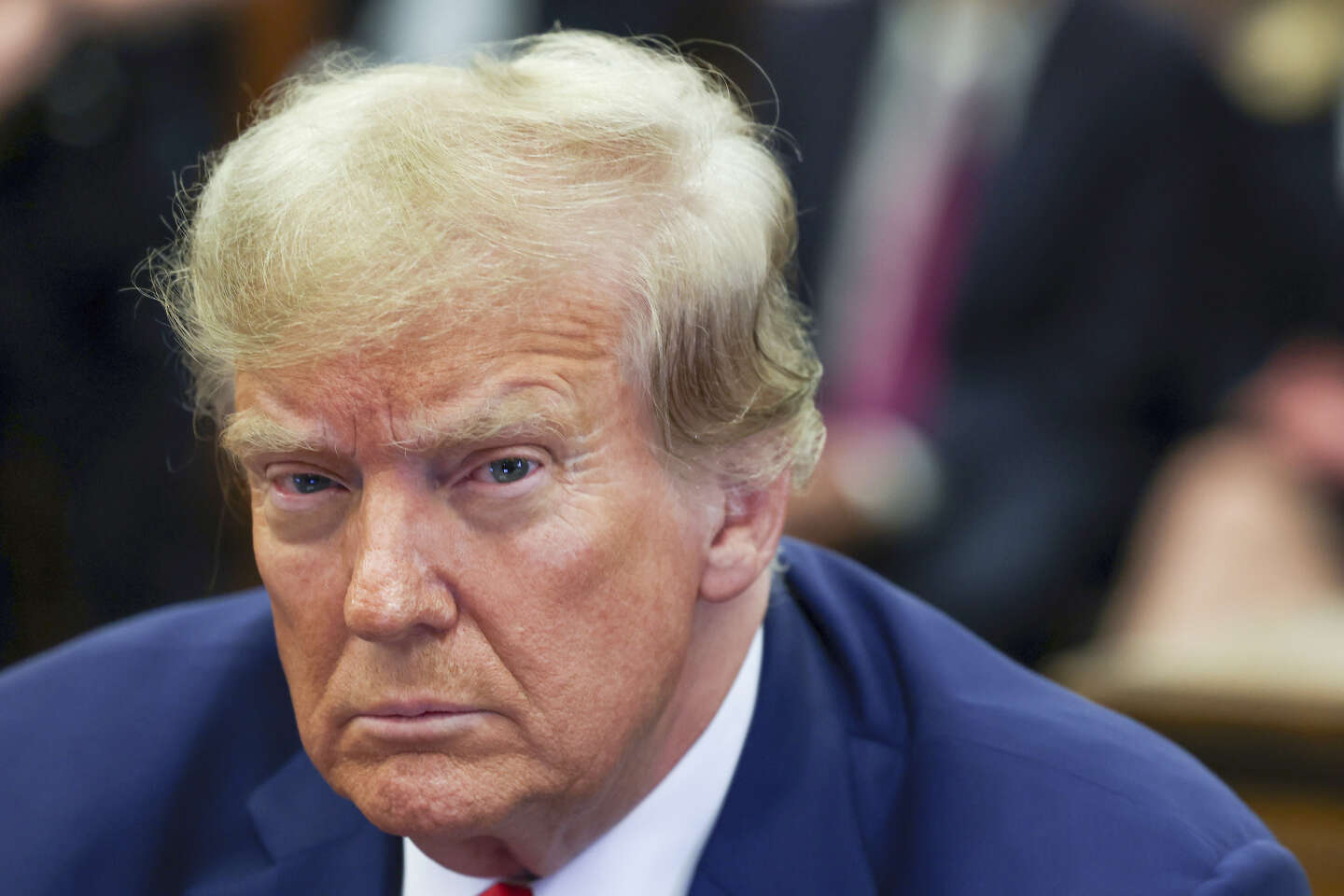


What do Charles Lindbergh and Donald Trump have in common? Lindbergh was an aviation ace between the wars. Trump is more than ever the Republican Party's shot-caller. But, 80 years apart, they embody the same foreign policy sensibility – the isolationist school. This is a solid, long-standing tradition, widely shared in the United States, whose motto is "America first." It wants no adventures in distant lands.
Trump is picking up the torch. He is as determined to abandon Ukraine to its fate today as Lindbergh, active in politics in 1940, was to oppose American involvement against Hitler. Barring a legal mishap, which is always a possibility, the man in the red "Make America Great Again" hat is going to obtain his party's nomination: He will be the Grand Old Party's candidate in the November 5 presidential election. And, if he returns to the White House, he'll stick to his line: an American withdrawal against a backdrop of pro-Vladimir Putin empathy.
American hero Lindbergh was the first pilot to fly solo across the Atlantic. He was approached by a number of elected members of the Grand Old Party to be their champion on the November 1940 ballot. He was unsuccessful. Another Republican, Wendell Willkie, ran against the Democrat Franklin D. Roosevelt – who was seeking a third term in office and, as a strong supporter of intervention in Europe, won hands down.
But Lindbergh nonetheless traveled the country to defend the Republican accepted wisdom of the day: no military involvement by Washington in Europe. "I have been forced to the conclusion," he said, "that we cannot win this war [against the Third Reich] for England regardless of how much assistance we send." In 1941, he colored his speech with a touch of anti-Semitism: "The three most important groups who have been pressing this country toward war are the British, the Jewish [sic] and the Roosevelt Administration." It wasn't until December 1941 and the Japanese attack on the American Pacific fleet (Pearl Harbor) that the Grand Old Party abandoned this isolationist stance.
180-degree turnaround
Today, the argument developed – at Trump's behest – by the young speaker of the House of Representatives, Mike Johnson, is reminiscent of Lindbergh's remarks (minus the anti-Semitism). An evangelical fundamentalist, Johnson is indifferent to the responsibilities of either side in the outbreak of the Ukrainian conflict. He contests aid to Ukraine because he doesn't know the outcome of the war in advance: Volodymyr Zelensky doesn't tell us how he's going to win! For the past four months, elected Republicans have been blocking any further assistance to Kyiv.
You have 51.25% of this article left to read. The rest is for subscribers only.
